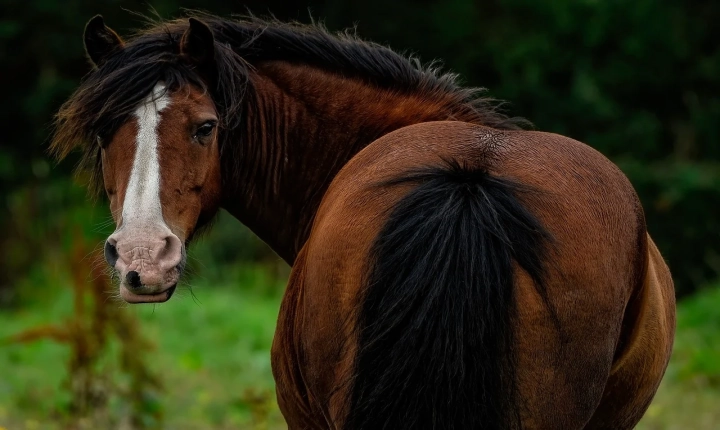AI (artificial intelligence) has been a topic of great interest and debate in recent years, especially when it comes to copyright. The question of whether AI-generated content can be copyrighted has sparked significant discussion within the legal and technological communities.
The issue at hand stems from the fact that AI has the ability to create original content, such as music, art, literature, and even code, without direct human intervention. This raises the question of who should own the copyright to these creations. Should it be the AI itself, the person or organization that developed the AI, or perhaps no one at all?
One of the primary challenges in addressing the copyright status of AI-generated content is the fundamental concept of copyright law itself. Copyright law exists to protect the original work of creators and provide them with exclusive rights to their creations for a limited time. However, AI blurs the lines of authorship and raises questions about what constitutes “original” work when the creation process involves a machine rather than a human.
In the United States, copyright law specifically states that copyright protection is granted to “original works of authorship fixed in any tangible medium of expression.” This definition places emphasis on the human author and does not account for non-human authors, such as AI. Furthermore, copyright law generally requires that the author be a human being, further complicating the issue.
Some argue that AI-generated content should be eligible for copyright protection, pointing out that AI is a tool used by human creators to enhance their creative processes. In this view, the human input and oversight involved in training and directing the AI should be sufficient to establish copyright ownership. Additionally, proponents of AI copyright argue that granting copyright protection to AI-generated content encourages further innovation and development in the field of AI.
On the other hand, opponents of AI copyright argue that conferring copyright to AI-created content could lead to significant legal and ethical complexities. They raise concerns about the potential for abuse, including the exploitation of AI to generate large volumes of content for commercial gain, all while sidestepping the traditional concept of authorship and the associated legal and moral rights. Additionally, granting copyright to AI could complicate the licensing and ownership of AI-generated works, as AI does not have the capacity to enter into a legal agreement or exercise the rights granted by copyright law.
In reality, the issue of AI copyright remains largely unsettled and continues to evolve as AI technology advances. Legislators and legal experts are actively considering how copyright law may need to adapt to accommodate the increasing influence of AI in creative processes. In the meantime, creators and organizations working with AI are encouraged to seek legal advice to navigate the complex landscape of copyright and ownership in relation to AI-generated content.
In conclusion, the question of whether AI can hold copyright continues to be a hotly debated topic with legal, ethical, and practical implications. As AI technology continues to progress, it is crucial for lawmakers and stakeholders to carefully consider the implications of AI copyright and work towards formulating clear and effective guidelines to address this important issue.
